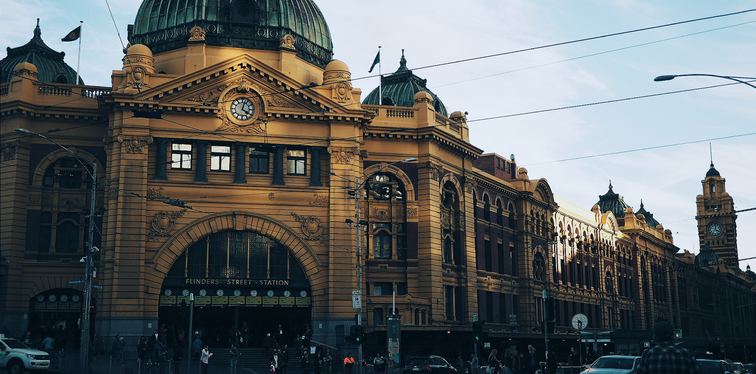Right now isn’t an easy time to be a commuter in and around Melbourne. You can hardly have failed to notice the disruption either happening or planned on the rail network.
The rail and infrastructure boom is great news for contractors and supply chains – less so for hard-pressed commuters who could be getting close to breaking point. The question for those of us struggling to get to work (or the footy) is whether so much disruption is inevitable?
In case you missed it, here are the dates when various rail lines will be disrupted in April 2019:
- Cranbourne (April 6-23)
- Pakenham (April 6-23)
- Frankston (April 1-3,13,14,19-21)
- Sandringham (April 13,14,19-22)
- Glen Waverley (April 13-14)
- Mernda (April 4-9)
- Gippsland (April 6-23)
- Geelong (April 16-21)
- Warrnambool (April 6-21)
The knock-on impacts on alternative transport options will be significant, which will add up to widespread delays and disruption. All of this would be easier to swallow if we were talking about a month of major disruption and then everything’s fine.
But we know that some schemes are scheduled to last for several years. The Metro Tunnel Project continues until 2025 at the earliest. It’s being delivered alongside line upgrades and the removal of level crossings. The West Gate Tunnel Project started work last year and is scheduled to run until 2022 – great news when it’s finished but plenty of travel chaos in the meantime.
Many, including folks in our office, are wondering why still have to pay for a transport service we’re not getting. Free or reduced cost public transport would be a fairer reflection of the value.
Disruption is here for the long-term so it’s likely that workplaces will have to be more flexible – many people just can’t guarantee what time they’ll be able to turn up. Maybe the disruption will tip more employers into adopting flexitime and home working.
Labour Market Distortions
Construction activity on this scale is always going to distort the labour market. People tend to follow the money and we’re seeing a trend for people to move from buildings into infrastructure. It’s also inflating wages, with contractors getting paid more than ever.
There are also more candidates moving down from Perth and Darwin to Melbourne to work on these projects.
The stress on the labour market screams out for better alignment of public sector policy. What was done or is being done to shout about these opportunities and to entice bright people into the industry? Are the recent visa changes making it harder to attract skilled labour from abroad?
Skills, Innovation and Managing Disruption
We know all about the capacity for rail and infrastructure projects to disrupt and frustrate commuters – it’s something many of us live through. From a procurement and recruitment perspective this is bound to place greater emphasis on having wider skill sets.
In addition to technical competence there’s enormous value in project planning, creative thinking and problem solving skills. These are the attributes that will allow infrastructure projects to be delivered in more innovative ways that will keep disruption to a minimum.
Surely there have to be better solutions than simply piling more replacement bus services onto already crowded roads and commuter routes? There may be some big contract wins for firms that can bring the right skills and solutions to Melbourne’s transport infrastructure projects. There’ll also be much love from the travelling public!


